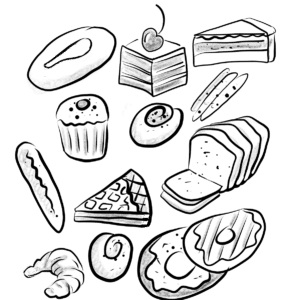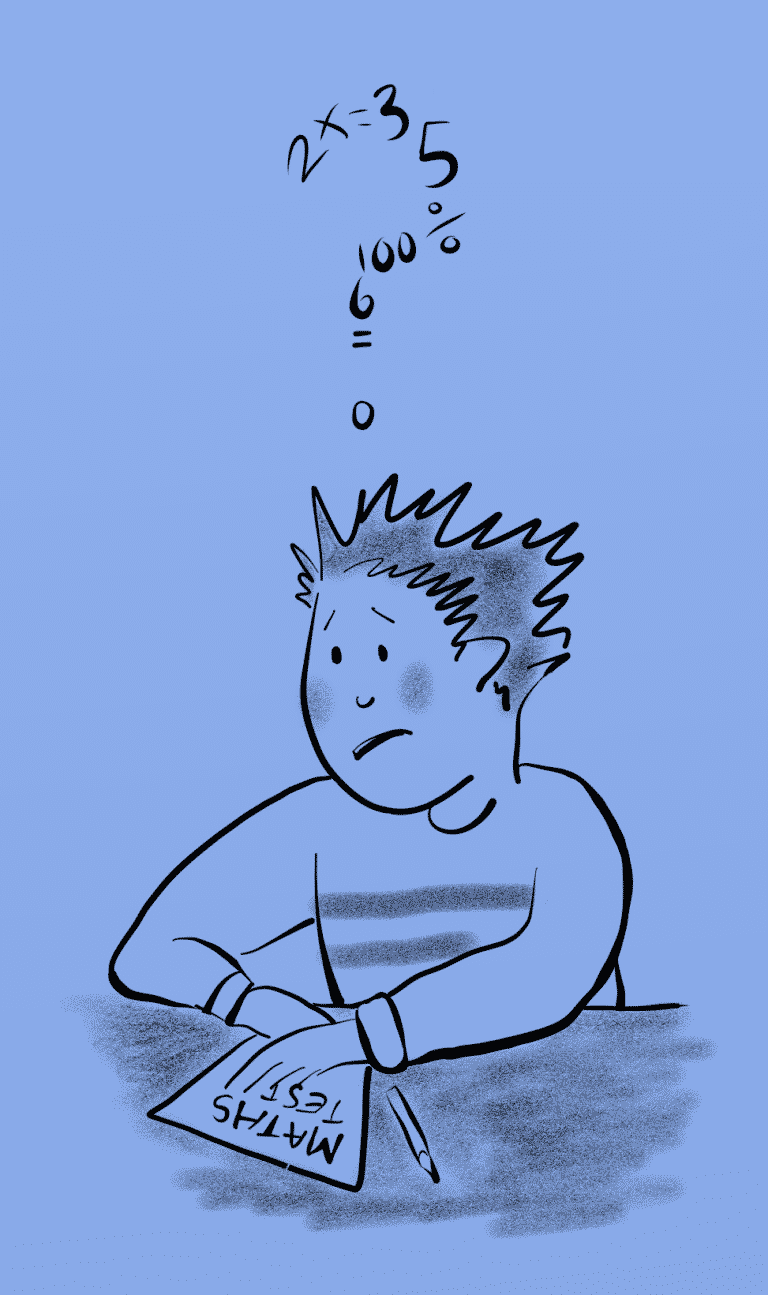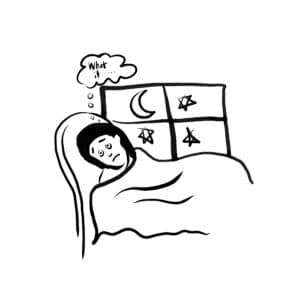
How Going Gluten-Free Transformed our Home
Hi, I’m Melissa, Beth asked me to explain how going gluten-free made a difference in our household. I have a

At school, I had a very old-fashioned maths teacher who sat his pupils according to their latest test results.
Talk about pressure!
Maths tests were hell for me, and I became an expert at copying answers from my neighbour.
I now appreciate I have dyscalculia and dyslexia. I’m not alone.
Dyslexia is a tricky word to spell, but I find dyscalculia an impossible word to say. If you also have this problem, breaking the word down helps
dis-kal-kyoo-lee-uh .
dys + calcul(ate) + ia which makes sense as it means a difficulty (dys) with calculation (calcul).
The Child Mind Institute website offers this definition:
It is important to note that not all problems with mathematics are caused by dyscalculia. Other specific learning difficulties, such as visual processing, auditory processing, and ADHD, can affect how well a child does in maths.
![]()
As with all specific learning difficulties, dyscalculia exists on a continuum. If it is mild, it may not have a significant impact on your child’s life. I did pass my maths exams (only just!) with no extra tuition (back then, who knew such a thing existed?). I am not the ‘go-to parent’ for our children’s maths homework, but I have never been overdrawn on my bank account, and I pay our bills on time.
If it is severe, it may make everyday tasks such as telling the time or reading timetables impossible.
People with dyslexia and dyscalculia develop coping strategies. In maths class at school, I copied my friend’s answers to get through. The good news is there is excellent specialist help available today for children with dyscalculia.
I can still remember the nightmare of trying to learn my multiplication tables. These days there are some great resources that use stories. These are perfect for visual learners. I wish they had been around when I needed them.
or
https://www.multiplication.com/teach/teach-the-times-tables
The Department for Education and Skills in the UK has produced an excellent resource for maths lessons which contains some very helpful information. http://scotens.org/sen/resources/dyslexia_leaflet_maths.pdf
[1]Dekker B (n.d.) Mathematics; dyslexia and dyscalculia. http://www.dyslexiasa.org.au/wp-content/uploads/2015/12/Maths.pdf
To read how to teach spelling and reading in 30 minutes a day, click here.
Speechify is an app that can help dyslexic children as it reads online text. Here is my affiliate link.

Hi, I’m Beth. Seven years ago, when I discovered my son had dyslexia, I had a ‘light-bulb’ moment and understood this explained many of my own difficulties. Ever since, I’ve been on a mission to discover the best ways to wrestle what I like to call the dyslexia octopus.

Hi, I’m Melissa, Beth asked me to explain how going gluten-free made a difference in our household. I have a

I need nighttime anxiety relief. It’s 4 AM, and I’m reviewing what happened to Harry at school yesterday and wondering